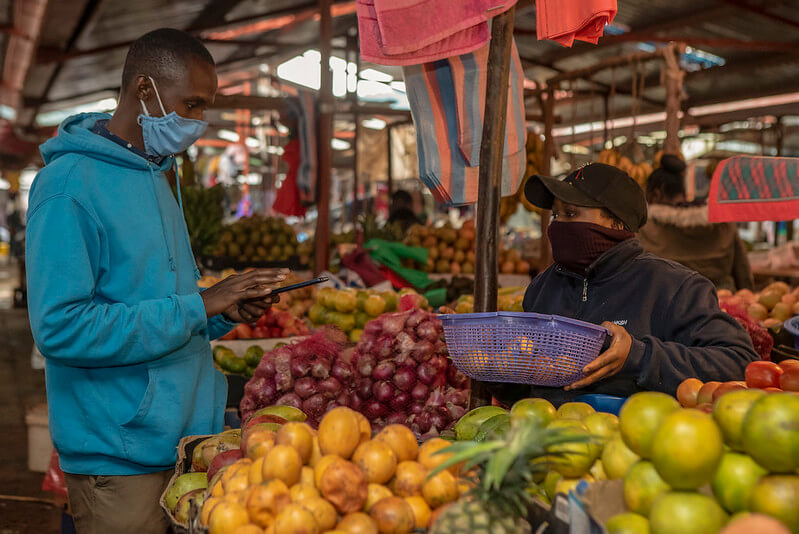Topic Resources
September 18, 2020
The Sauti publication features artworks from young African women, and showcases the linguistic diversity of Africa. #Africayouthlead
February 10, 2022
Agenda 2063 is Africa’s development blueprint to achieve inclusive and sustainable socio-economic development over a 50-year period.
January 01, 2025
Supply Chain Management Division Operations Support Services Directorate
Addis Ababa, Ethiopia
December 30, 2024
January 27, 2025
Opening Remarks by H.E. Taye Atske-Selassie, President of Ethiopia at the CAADP Extraordinary Summit
January 11, 2025
January 11, 2025





